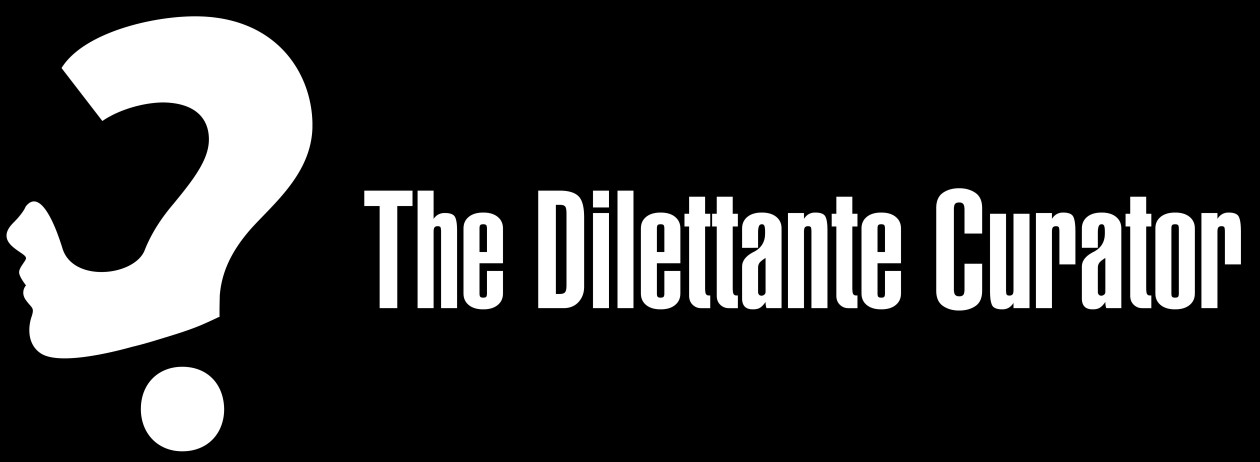
The Post-Pandemic Punctuated Equilibrium
The last two years is nothing short of a once-in-hundred-year external shock. Think about the radical macro-evolution post this pandemic.
Darwinian theory saw evolution as gradual, incremental, and multi-generational. Later studies showed that rapid evolutionary change can also happen through acute and unexpected external shocks – leading to another steady-state: “punctuated equilibrium” (For example, changes in sea temperatures caused sea animals to develop blubber and thicker coats).
Similarly, societal mutation is happening at an accelerated pace: behavioral, social, economic, attitudinal, psychological. With the forces that COVID unleashed, not too much will go back to situations that existed less than two years ago. What is the new steady-state?
With its long duration and uncertainty about the return to the “normal”, the first impact is on the individual. Separation from loved ones, loss of freedom, ambiguity about the advancement of the disease, and the feeling of helplessness. Issues such as depression, anxiety, social isolation, substance abuse, loneliness, cognitive decline, suicide Many healthcare workers and other frontline staff are at risk to develop symptoms common in catastrophic situations: post-traumatic stress disorder, burnout syndrome, physical and emotional exhaustion, depersonalization, and dissociation. Mental health has to become a priority for companies, governments, and society and will remain well after the pandemic has passed.
While social distancing is the better solution to prevent the spread of the virus, there is a serious impact of these measures on relationships and interactions, in particular on the empathic process. Maybe we will learn to cherish our friends and loved ones more. Maybe we will learn not to get too attached for fear of loss.
The job market will never be the same. The meltdown of many businesses, widespread job losses, closed borders, restrictions on travel will have lasting consequences. Lack of mobility, early retirement, ongoing health concerns about commuting, and difficulty in securing reliable child-care will have people re-evaluating what kind of jobs they want: perhaps move away from jobs that are more likely to face closures like hospitality and F&B.
Hybrid working is here to stay. While several prominent financial services companies want all employees back in the office, their smaller competitors are using flexibility as a recruiting tool. Getting used to the lifestyle and avoiding the drudgery of the commute, this non-pecuniary benefit will be very important in job choices. The answer to the Great Resignation is the New Joining Bonus.
There will be dramatic shifts in public policy. Healthcare spending has to increase. Historically economic growth has been the main determinant of real increases in government spending on healthcare. With the contraction of GDP, we cannot afford to have the absolute expenditure on public health also shrink. Globally, Finance Ministers and Health Ministers are now working in tandem. Will science come to the center of policy-making and influence the resource allocation trade-offs?
Public debt has more than doubled in many economies. In fact, Australia projects that fiscal deficits will continue until 2060. Central banks may tolerate inflation in order to reduce the real value of this debt. It is very likely that near-zero interest rates may remain for a decade.
What implications are there for education? Is online learning effective? Will we go back to the 100% classroom model? Will this continue to widen the gap between the rich and the poor, for kids who do not have the infrastructure? It is frightening to think of a generation of children under-educated in their formative years and less exposed to social interactions with their peer groups.
And investor sentiment. Is there guilt about being more fortunate than others? Reassessed goals? Want to make more of a difference? Align investments to values, sustainability.
Having gotten used to the fresher air and enjoying the views of nature, we will not go back to degrading the environment as we have been. Less business and leisure travel has an impact on the carbon footprint: this will be a major shift whenever the new normal returns.
Saying “How are you?” when we meet someone, is no longer just a greeting. Regrettably, it is now a very concerned and meaningful question
To paraphrase Mikhail Kalashnikov, the inventor of the AK-47 gun, “…the genie has been let out of the bottle, and it began to walk all on its own and in directions unforeseen”
